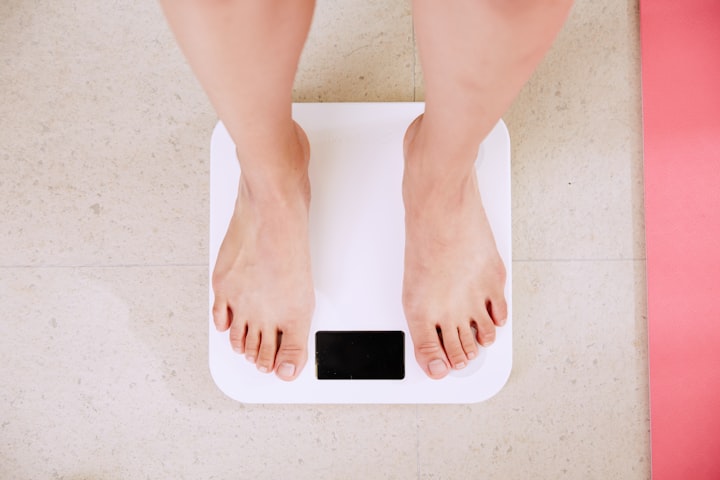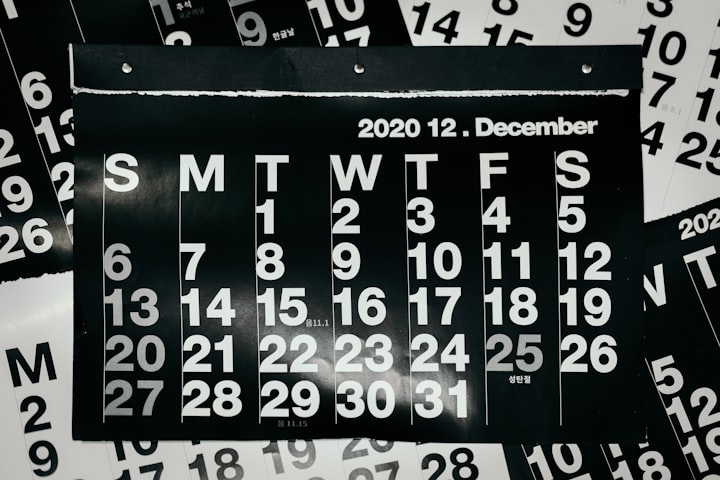When and How to Measure Your Weight Accurately At Home
In the morning about twice a week
In any human endeavor, there exists a measuring system we use to confer success, demonstrate progress, illustrate a need for improvement or starkly announce failure. There are numerous examples: the timer for track athletes, the rating system for NFL QBS, stock price for corporations, sales for authors and attendance for musical acts.
For weight loss, it’s the scale that tracks your weight and ultimately tosses a “thumbs up” or “thumbs down” on your dieting, nutritional and lifestyle strategies. For weight-conscious people, the scale’s results – their weight – often promotes the quirky confluence of mitigating factors – “my clothes were heavy,” “I felt bloated,” “I didn’t floss” – that help soften the blow of that digital flashing number looking up at you with robotic indifference.
But scales can serve as a guide to weight loss. One study showed that people who weighed themselves six to seven times a week instead of only twice a week showed an increase in weekly weight loss. In addition, body weight can fluctuate throughout the day, and the scales may show higher or lower numbers depending on the time of day when a person uses them.
However, weight is not the only indicator of health. The American Heart Association (AHA) states that a person should not get “too hung up on the number.” A person’s fluid intake, activity level, and hormones can all influence the number on the scales even if they weigh themselves at the same time each day.
Weighing all the options
The exact time that a person weighs themselves each day is less important than the consistency. To track weight loss or weight gain, people should always weigh themselves at roughly the same time of the day.
Weight can fluctuate throughout the day. A person will get a less accurate measurement of progress if they use the scale at different times on different days.
One of the best times for people to weigh themselves is in the morning, following urination. First thing in the morning sets up a routine and forms a habit and improves accuracy since it has likely been many hours since the last meal or snack and the weigh-in comes before any workout routine that could skew results. Right after exercise, water loss can reduce weight temporarily until a person re-hydrates.
However, if work hours or family schedules preclude a morning weight-in several times a week, then remember that consistency is key whenever you decide to step on the scale.
Worst time to weigh
There are times during a typical day when a weigh-in will challenge the reliability of the result. First, a weigh-in immediately or closely after a large meal or after drinking a large amount of liquid can skew weight higher, sometimes as much as three to five pounds. By contrast, weighing yourself after a workout or any strenuous physical activity can provide a weight loss results that can make you smile, although that satisfaction will be short-lived as soon as temporary water weight loss fades.
For women, weighing themselves on the days before their period can be less than accurate. During the week leading up to menstruation, hormones cause fluctuations in weight. These fluctuations can temporarily affect weight measurements.
Weighing the accuracy of scales
Consistency in measuring weight applies not only to time but also to many other factors.
For example, some scales will be more accurate than others. People can research the scales for good reviews and consider asking for recommendations from a healthcare professional, a personal trainer, or a knowledgeable friend.
According to the Centers for Disease Control and Prevention (CDC), digital scales are more accurate, and people should avoid using spring-loaded bathroom scales.
Today, many digital scales companies offer corresponding phone apps that capture your weigh-in and can provide a person with important historical results in a variety of graph formats. For example, a person can track periods of weight gain like during the winter or after vacation and adjust meal planning and exercise accordingly.
The skinny on body fat percentage
Your bathroom scale may estimate your body fat as part of its various functions. Body fat scales use technology called bioelectrical impedance analysis (BIA). When you step on the scale, an electrical current passes through one leg, up to the pelvis, and down the other. Fat conducts far less electricity than the water and muscle you have in your body. So, when the scale picks up more resistance, it records more possible body fat.
Combined with your entered height, weight, age, and gender, the scale then uses an equation to provide your body fat percentage.
Why is your body fat percentage so important?
Quite simply, body fat percentage can provide a person with a more accurate snapshot of their overall health than simply your body weight. Think of the NFL running back who is five feet nine inches tall and weighs 220 pounds. His BMI would be 32.5, placing him squarely in the obese category. But one look at this running back in the weight room and the inability of 300 pound men to tackle him makes that definition of obese irrelevant.
So the couch potato who is five feet nine inches tall and weighs 220 pounds obviously weights the same as the NFL running back but their health profiles are vastly different.
In addition, people are defined by these three body types. An ectomorph is a typical skinny guy. Ecto’s have a light build with small joints and lean muscle. Usually, ectomorph’s have long thin limbs with stringy muscles. Shoulders tend to be thin with little width.
A mesomorph has a large bone structure, large muscles and a naturally athletic physique. Mesomorphs are the best body type for bodybuilding. They find it quite easy to gain and lose weight. They are naturally strong which is the perfect platform for building muscle. The endomorph body type is solid and generally soft.
Endomorphs gain fat very easily. Endo’s are usually of a shorter build with thick arms and legs. Muscles are strong, especially the upper legs. Endomorphs find they are naturally strong in leg exercises like the squat.
Weighing in on accuracy
The CDC recommends placing the scales on firm, level floorings, such as tile or wood. Avoid placing the scale on carpet or uneven flooring since accuracy could be affected.
A person should stand with both feet in the center of the scales and remain as still as possible when measuring weight. They should record their weight to the nearest decimal point.
People should then follow the manufacturer’s instructions to calibrate the scales. Doing this means that the scales will show zero when they turn on and no one is standing on them.
A weight on your shoulders
At any given moment, an estimated 24 percent of men and 38 percent of women in the US are trying to lose weight, while the average American has gained 2.2 pounds annually in the last decade.
Some people have stopped using their scale, claiming that it's a highly misleading weight-loss tool that results in bad self-esteem and disordered eating habits
However, recent studies generally agree that daily, or more advisedly bi-weekly, weighing is associated with greater weight loss and less weight regain than less-frequent self-weighing
One study showed that participants who weighed themselves daily for six months lost 13 more pounds on average than those who weighed themselves less frequently.
What's more, those who weigh themselves daily tend to adopt more favorable weight control behaviors, exercise better restraint toward food and eat impulsively less often.
Finally, an accurate regular weigh-in can provide a positive feedback loop that those trying to establish weight control definitely need.
Stepping on the scale two or three times a week right after you wake up and seeing those digital numbers register a drop in weight and a corresponding decrease in body fat percentage can provide a turbo-boost in motivation and determination.
About the Creator
Frank Racioppi
I am a South Jersey-based author who is a writer for the Ear Worthy publication, which appears on Vocal, Substack, Medium, Blogger, Tumblr, and social media. Ear Worthy offers daily podcast reviews, recommendations, and articles.







Comments
There are no comments for this story
Be the first to respond and start the conversation.